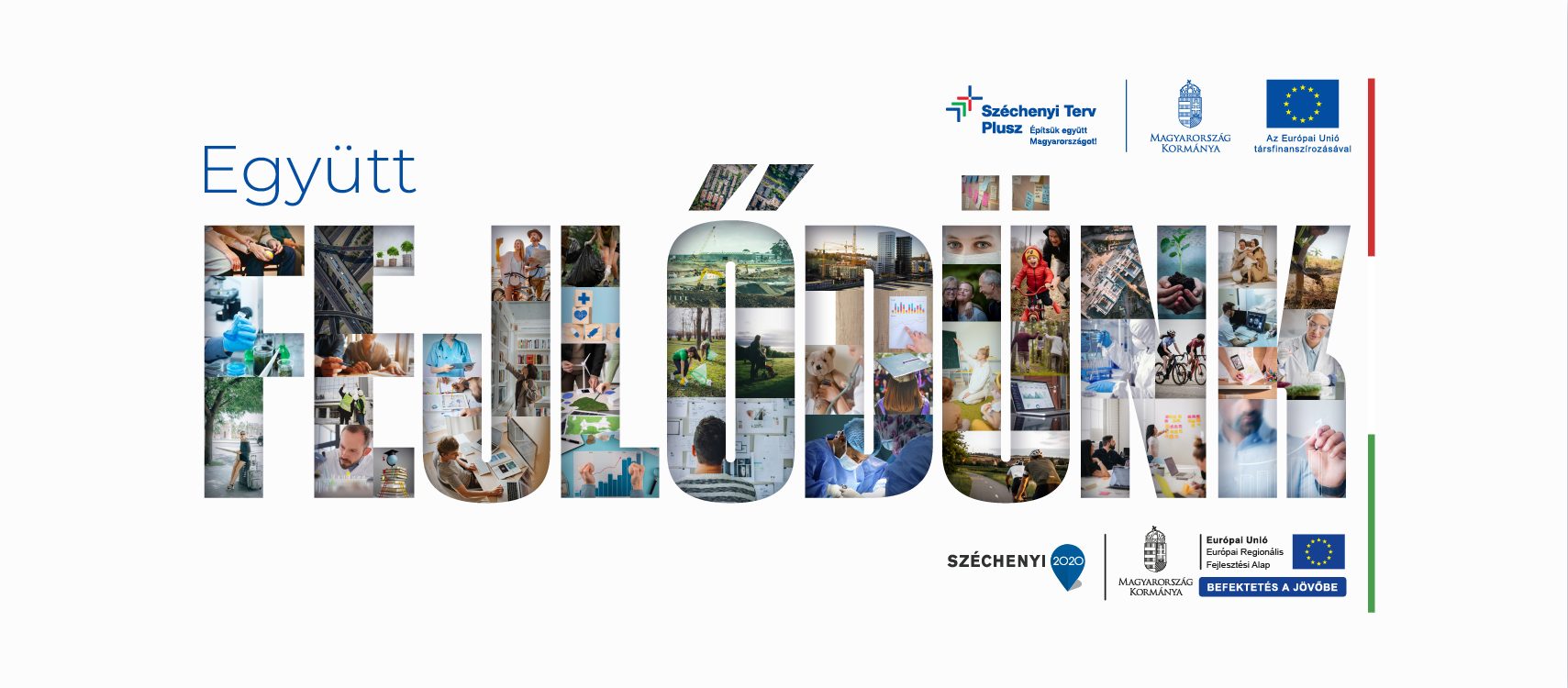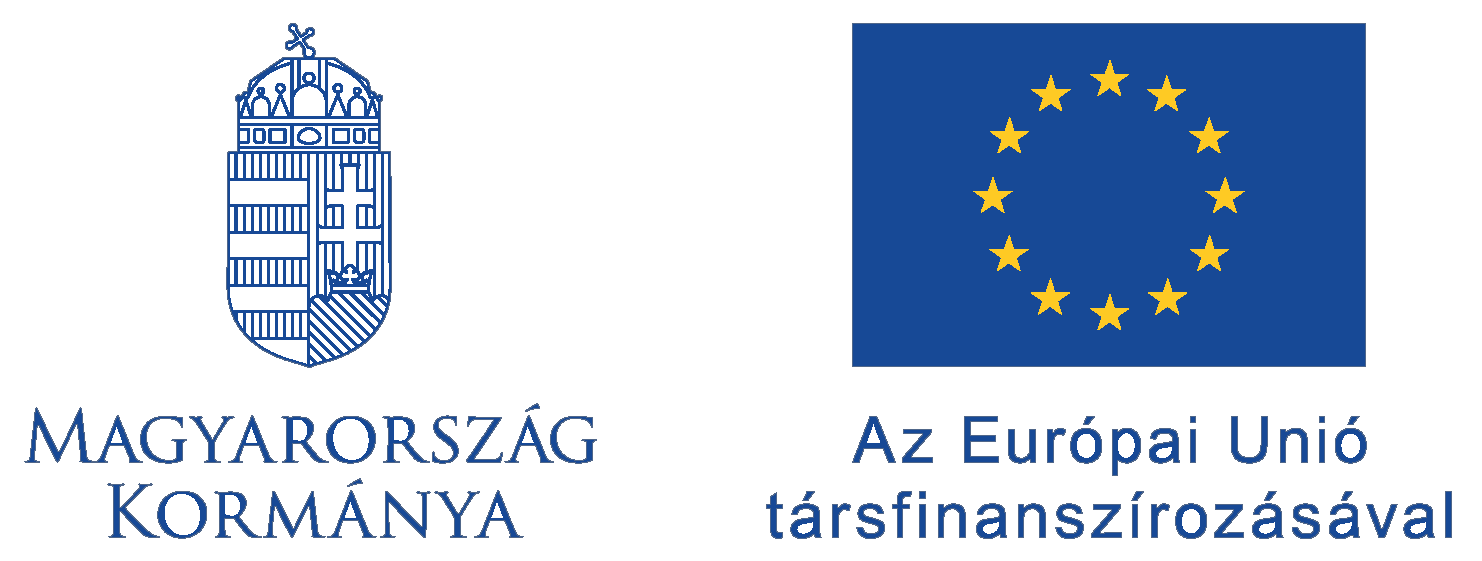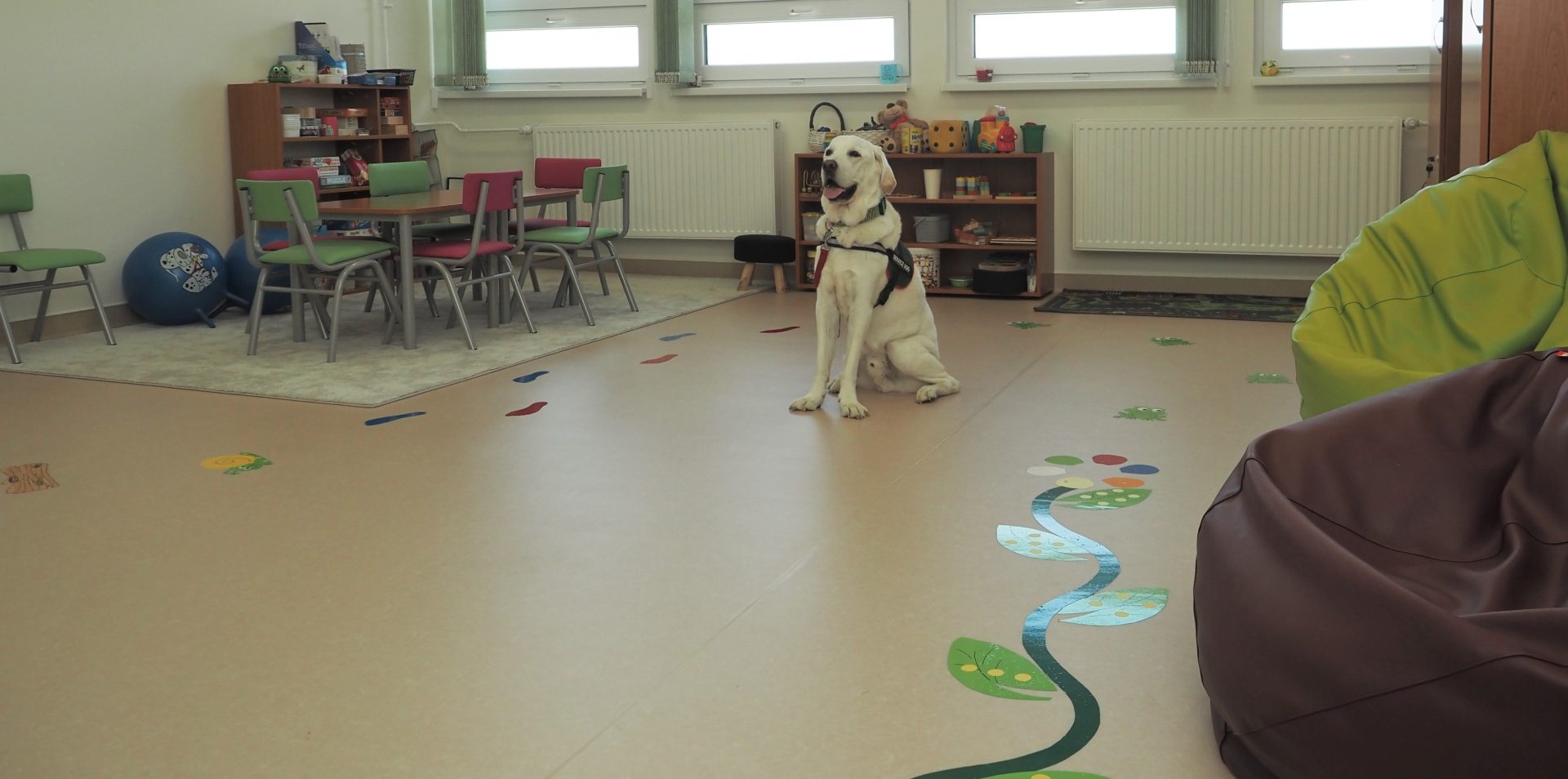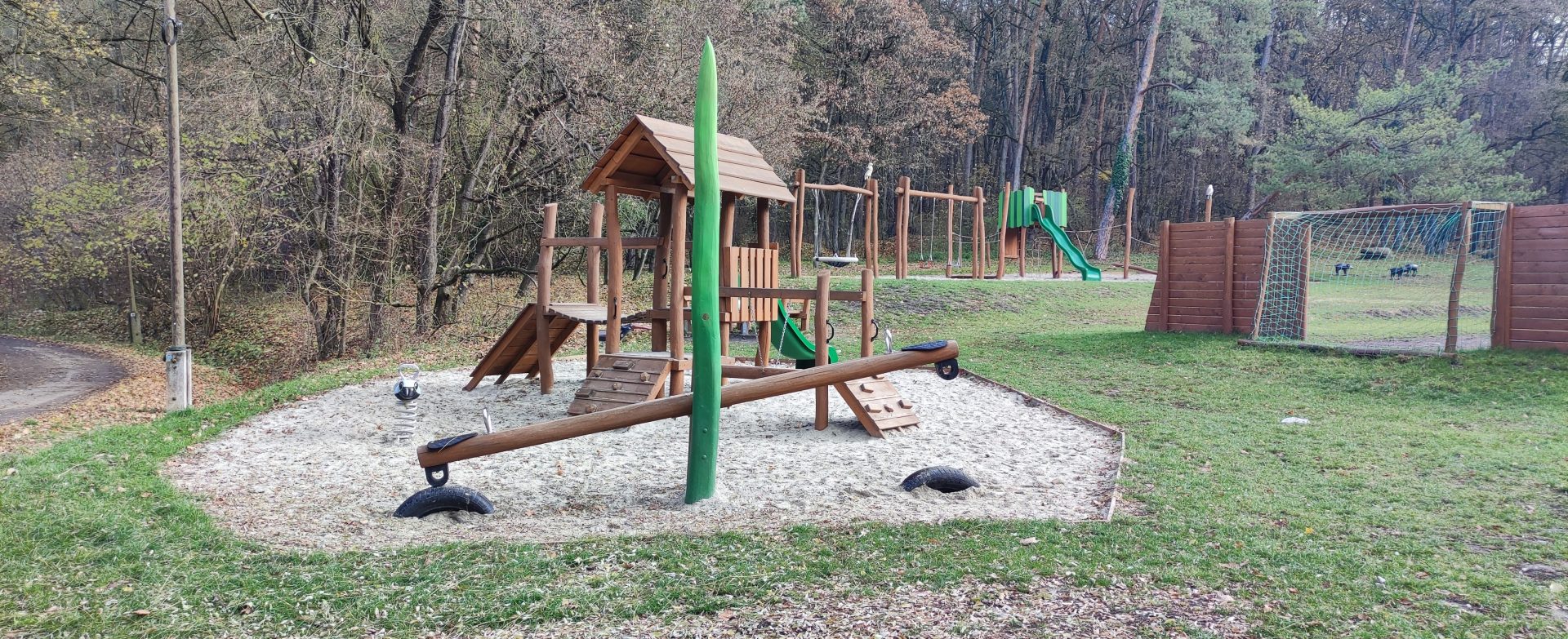A new project implemented at the National Institute of Mental Health, Neurology and Neurosurgery (Hungarian abbreviation: OMIII) is using artificial intelligence to speed up treatment for acute stroke patients and support improved access to care across the country. The project, which is part of the Human Resource Development Operational Programme (HRDOP), makes a significant contribution to social innovation and thus to Hungary’s competitiveness.
The Mental Health, Neurology and Neurosurgery is one of the five busiest acute stroke intervention centres in Europe, treating nearly half of all stroke patients in Hungary requiring intervention, and has pioneered stroke care in several areas.
In Hungary, around 27 thousand people are hospitalised every year for suspected stroke. When suffering a stroke, it is a vital to receive care as soon as possible. Rapid therapeutic decisions are now supported by a globally unique artificial intelligence-based central decision support system, led by OMIII, which has the potential to accelerate the treatment of acute stroke patients and support the access to care nationwide.
With this the new method, the results of an imaging scan (skull CT) of a patient admitted to any stroke centre in the country with a suspected stroke is to upload to a central server in the cloud, where the results are evaluated by an AI-based software.
The software automatically sends the processed images highlighting the lesions and the quantified parameters critical to the therapeutic decision back to the medical institution, as well as to the medical centre where the patient could be potentially transferred for specialised care.
Thanks to this innovative development project implemented with EU funding, decisions on further treatment can be made significantly faster than ever before, and the patient can be transported immediately, if necessary. This significantly reduces the time lost, which is crucial in the event of a stroke, and allows for longer life expectancy, improved quality of life that is, health gains, as well as more efficient use of available resources.
The project was implemented in the framework of the project EFOP-5.2.6-20-2020-00004.
Find out more about the project in the Project Finder: Details








